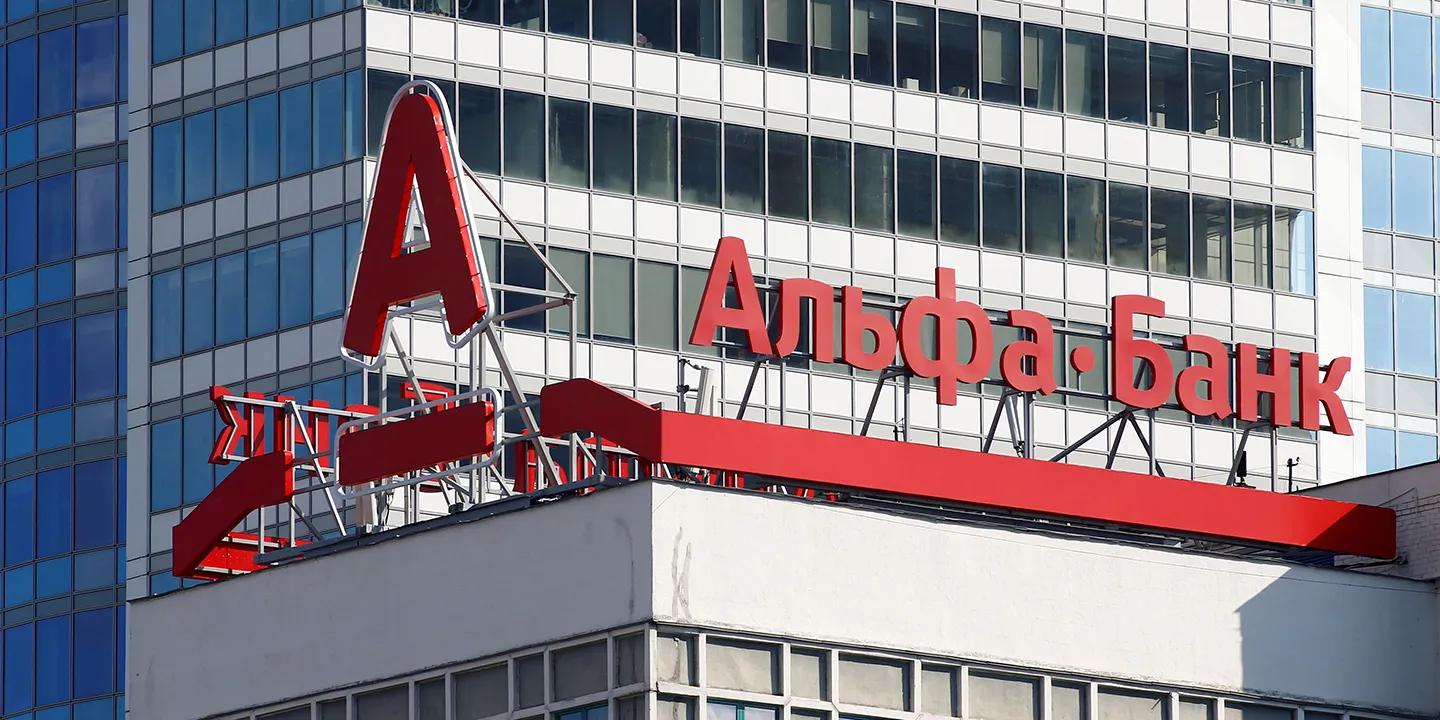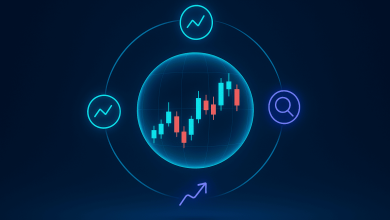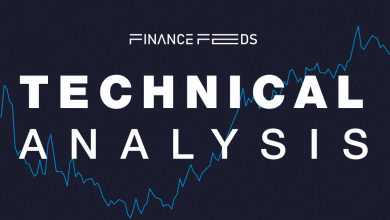Russia’s Alfa-Bank Starts Testing Its New “Vzglyad” Contactless Payment Service


Alfa-Bank, one of Russia’s largest banks, has the pilot phase of a new contactless payment system called “Vzglyad,” which translates to “Pay with your eyes.”
The system utilizes real-time facial recognition to verify transactions, eliminating the need for cards, mobile phones, or physical terminal interaction. The test begined with Alfa-Bank staff utilizing Android handsets and the bank’s own payment terminals. The objective is to spread it out to more of its network.
How Vzglyad Works
The Vzglyad technology rapidly processes biometric data to keep things secure and prevent fraudulent transactions that could occur due to static photos or pre-recorded videos. Users can employ PIN code verification as an additional layer of security when needed.
Alfa-Bank states that this innovative answer complies with the standards of Russia’s current payment systems and was developed in collaboration with (NSPK). This makes it the first bioacquiring product in the country for offline retail purchases.
The platform is designed to work with various providers’ terminals without requiring any specific hardware. Customers who choose to utilize Vzglyad get cashback benefits for qualified bank card purchases, which encourages more people to sign up.
Data Privacy and Security
Alfa-Bank states that the biometric data collected by the system is secure due to strong internal controls. This reduces the likelihood of theft or duplication that could compromise the integrity of transactions. The bank states that it maintains user information security at every stage of the payment process.
Strategic Vision and Working Together in the Market
Denis Osin, Director of Small and Micro Businesses at Alfa-Bank, stated that Vzglyad represents a significant step forward in making payments easier, quicker, and securer for everyday use. The bank says it is willing to collaborate with other financial institutions to expand the technology and increase its adoption.
Digital Ruble Developments in Context
Vzglyad’s introduction aligns with broader developments in Russia’s financial industry, such as the ongoing trials of the country’s central bank digital currency (), the digital ruble. The digital ruble, first proposed in 2021 and enacted into law in 2023, will serve as an alternative for paying salaries.
However, Russian officials say that using it will still be optional. Once inter-account transfers begin in January 2026, workers will be able to choose whether to accept digital ruble payments. This will happen before the payments are available to everyone on September 1, 2026.
Sanctions from the EU and the Banking Sector
Alfa-Bank’s new initiative coincides with the European Union’s current round of sanctions against the Russian banking and industrial sectors. The EU’s , which took effect on November 12, imposed new restrictions on Alfa-Bank, its foreign branches, and its partner networks in Belarus and Kazakhstan.
The EU will also cease using the Mir payment system in certain parts of , begining on November 25. This will put even more stress on Russia’s domestic and cross-border payment systems.
The restrictions also include limits on imports of Russian liquefied natural gas, additional rules for large oil corporations, and the growth of targeted maritime and banking organizations. The goal of the restrictions is to make it harder for Russia to support its military operations in .
Alfa-Bank’s trial of the Vzglyad contactless payment service demonstrates that biometric technology and digital innovation are becoming increasingly significant in Russia’s evolving financial landscape.
This change comes at a time when sanctions and digital ruble measures are in place. It demonstrates that advanced technology answers are becoming increasingly crucial for both enhancing economic resilience and improving the consumer experience.







